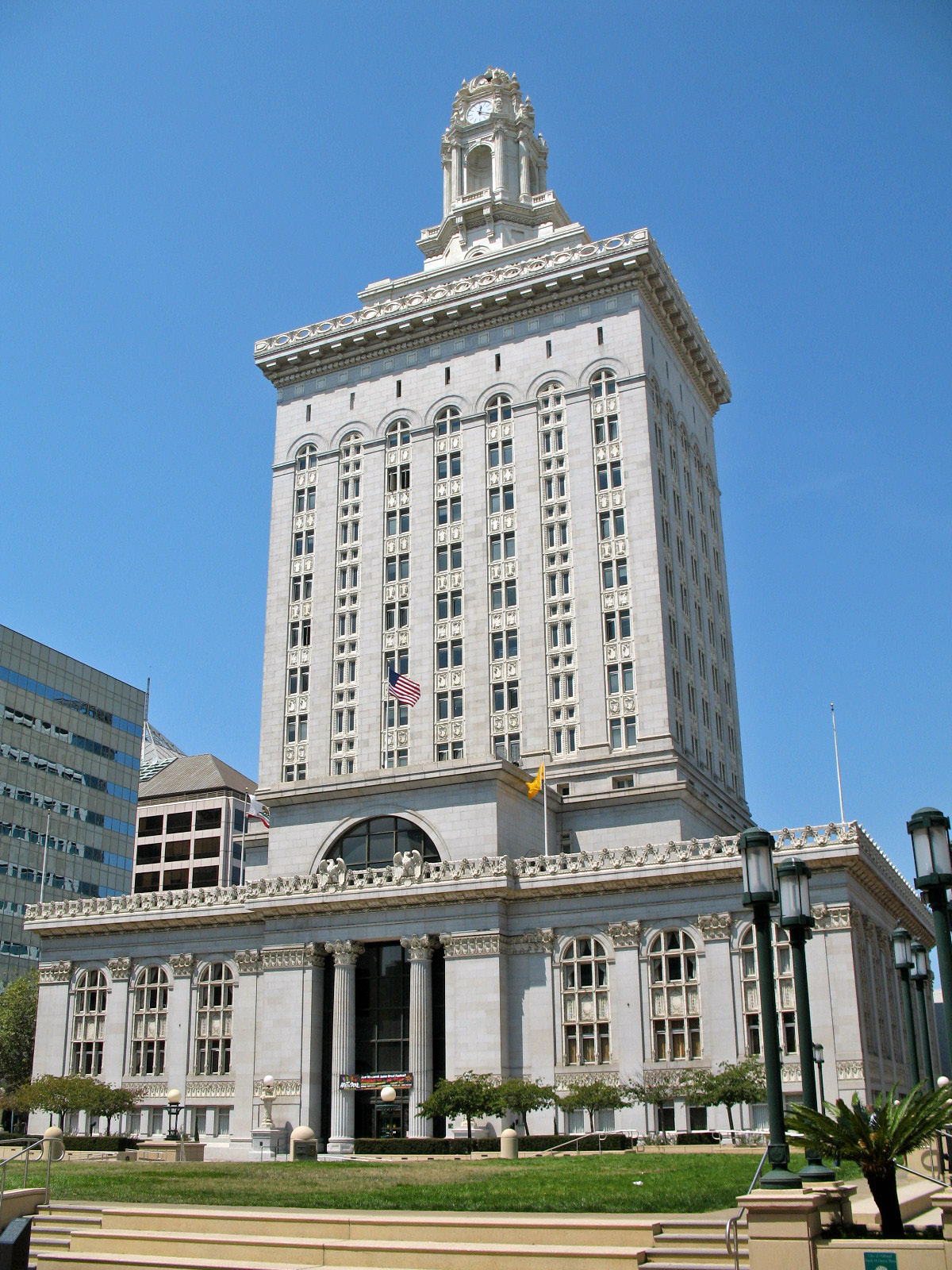By Chris Reed.
A strike by nearly 3,000 Oakland city employees will continue for a seventh day today when a mediator agreed to over the weekend will begin meeting with civic and union officials.
Oakland city staffers depicted the decision by Mayor Libby Schaaf (pictured) to accept the mediator chosen by the Service Employers International Union Local 1021 – David Weinberg, who worked as a federal mediator for 17 years – as a sign of progress. But Schaaf was rebuffed after pleading that strikers return to work while mediation proceeds to minimize effects on elderly residents who rely on senior services and families that use Head Start.
Chief SEIU Local 1021 negotiator Rob Szykowny used a weekend interview with the San Francisco Chronicle to once again knock the Schaaf administration for “bad faith” and to question the mayor’s claim that the city’s finances are in such poor shape that it can’t be generous on raises.
On Thursday, the city gave what Schaaf described as its “last, best and final offer” – a 4 percent raise in the first year of a two-year contract, with a 1 percent raise in the second year and an additional 1 percent raise if the city reached revenue goals. The SEIU responded by proposing a 4 percent raise in the first year and a phased-in raise in the second year that would add up to 4 percent.
Pension crisis driving city bargaining position
Schaaf immediately rejected the counteroffer, citing projections that Oakland’s pension costs will soar by 49 percent over the next five years. The city has for many decades addressed the cost of retirement benefits on a pay-as-you-go basis, leaving $2.8 billion in unfunded liabilities. With an aging workforce increasingly retiring, this means the benefits will consume nearly one-quarter of Oakland’s budget by 2022, according to a five-year financial forecast issued in March. A 2015 California Policy Center report concluded that Oakland had the heaviest per-capita pension debt of any city in the state.
Nevertheless, Szykowny rejected the gloomy talk and argued that many of the city’s fiscal projections “are disingenuous at best.”
While police, fire and emergency services have not been affected, most other city services have been shut down since last Tuesday, when the strike began. Besides the SEIU local, the much-smaller International Federation of Professional and Technical Engineers Local 21, which also has been unable to finalize a new contract with the city, also has been on strike. Further disrupting the city: members of the International Brotherhood of Electrical Workers Local 1245 and some other local unions are refusing to cross SEIU picket lines.
The pension crisis that Schaaf cited has been building for more than 60 years, with city officials consistently refusing to make annual payments that actuaries said were necessary.
In 1976, the 25-year-old Police and Fire Retirement System was so underfunded that desperate city officials shut it down and persuaded voters to issue long-term bonds to cover the system’s liabilities.
In 1988, voters approved a proposal to extend the payback deadline for the bonds from 2016 to 2026.
Despite being warned that using bonds to pay for ongoing pension costs was a dangerous strategy, Oakland leaders have repeatedly done so. In 2012, for example, then-Mayor Jean Quan persuaded the City Council to issue $210 million in pension obligation bonds. Then-Councilwoman Schaaf was the biggest critic of the idea, warning that it put the city on track to having to spend much more on pension bond and interest payments than on pensions themselves by 2024.
[divider] [/divider]





